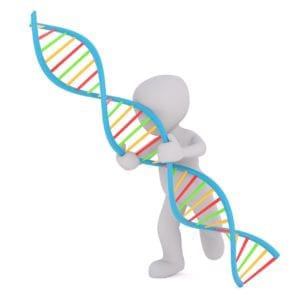Just over a week ago, drug discovery and development company Rescindo Therapeutics Inc. (“Rescindo”) shared that its drug candidate RSC-57 received both Orphan Drug and Rare Pediatric Disease designations. The treatment is designed for patients with Kabuki syndrome, a condition for which no cure or approved therapy currently exists. Considering Rescindo’s focus on drug development for rare genetic disorders, these designations absolutely support the company’s mission. Because RSC-57 is a repurposed drug, there is much safety and tolerability data already available. Following discussions with the FDA and the company’s ability to finish a pre-Investigational New Drug (IND) application, Rescindo hopes to soon begin clinical trials.
Orphan Drug designation is given to products designed to treat a rare condition. The FDA defines a rare disease as one which impacts less than 200,000 Americans. After a product is granted this designation, the drug developer (in this case, Rescindo) is given tax credits and the potential of 7 years of market exclusivity. Alternately, Rare Pediatric Disease designation is given to products designed to treat rare conditions affecting pediatric patients, defined as those who are less than 18 years old.
Kabuki Syndrome
While KMT2D gene mutations most commonly cause Kabuki system, a rare multi system disorder, KDM6A gene mutations may also contribute. Typically, these mutations are not inherited but rather occur spontaneously. This condition is typically diagnosed in early childhood, though symptoms, organ issues, and distinctive facial features may assist with diagnosis during infancy. While symptoms vary, distinctive facial features that develop include:
- Large, misshapen ears
- Prominent eyelashes
- Arched eyebrows
- Lower eyelids turned outward
- Abnormally long openings between eyelids
- A broad nose with a flattened tip
Other symptoms which may appear include:
- Short stature / poor growth
- Dental and skeletal malformations
- Seizures
- Difficulty feeding
- Malnutrition caused by difficulty absorbing or digesting nutrients
- Poor sucking ability
- Gastroesophageal reflux
- Low muscle tone
- Mild-to-moderate intellectual disabilities
It is important to understand that symptoms may appear in other forms. However, these are the most common, and thus the most inclusive, set of symptoms to consider.
Learn more about Kabuki syndrome.





